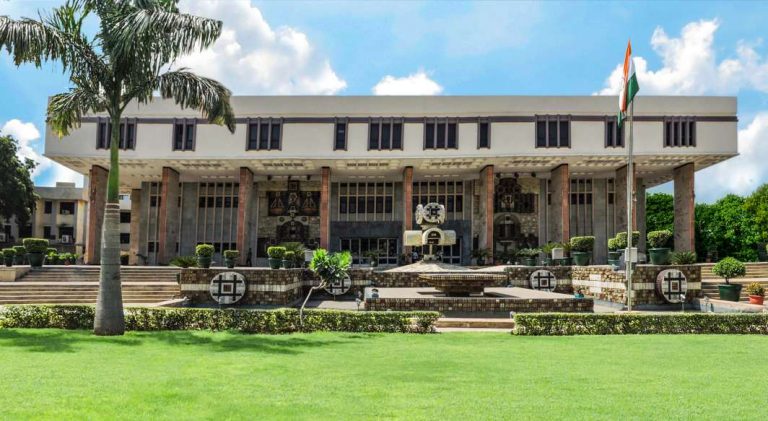Jahanvi Agarwal
Recently, a plea has been filed in the Delhi High Court alleging that Prime Minister Narendra Modi breached the Model Code of Conduct with his remarks during a speech in Pilibhit, Uttar Pradesh. The plea accuses him of appealing for votes on the grounds of religion, which is said to violate the Representation of Peoples Act. The complainant is demanding a harsh penalty and is seeking to bar Prime Minister Modi from participating in elections for the next six years.
This legal challenge aims to prompt the Election Commission of India (ECI) to take stringent action, suggesting that such violations threaten the integrity of electoral processes. The Representation of Peoples Act is central to the claims made in the plea, highlighting the seriousness of the accusations.
The case has sparked a wider conversation about the enforcement of electoral norms and the place of religious statements in political speeches. “The petitioner’s fervent appeal underscores the significance of upholding the sanctity of electoral processes and ensuring fair and impartial participation by all stakeholders,” the plea notes. It stresses the importance of maintaining electoral integrity and the non-partisan role of political figures during campaigns.
As the Delhi High Court prepares to review this case, it faces the task of examining the evidence against established legal standards. The decision could influence future political conduct and reinforce the necessity for accountability among elected officials.
Observers from the legal and political spheres are keenly watching the outcome of this plea, which not only questions the conduct of the Prime Minister but also tests the robustness of India’s electoral safeguards. The court’s ruling could potentially set a significant precedent for how similar issues are handled in the future, highlighting the critical role of the judiciary in democratic governance.

